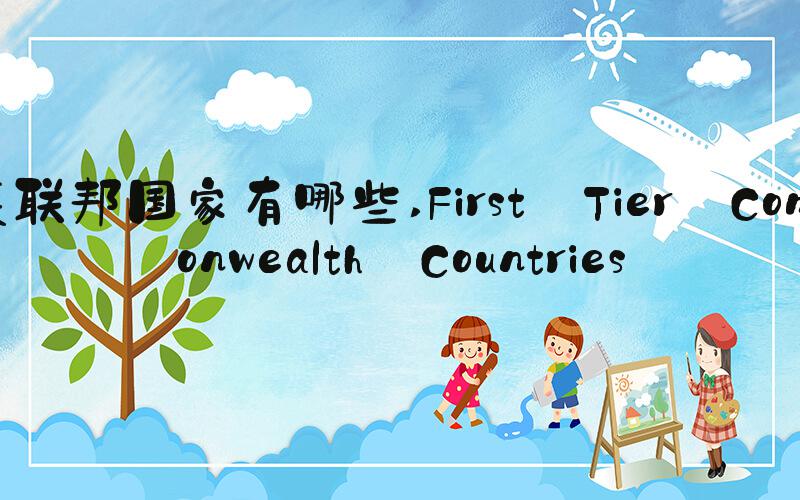
Introduction
The Commonwealth is an international organization that consists of 54 member countries, most of which are former colonies of the British Empire. The Commonwealth promotes democracy, human rights, economic development, and cultural understanding among its members. In this article, we will explore the member countries of the Commonwealth and their histories.
First Tier Commonwealth Countries
The first tier countries of the Commonwealth are Australia, Canada, New Zealand, and the United Kingdom. These countries have a long shared history with the British Empire and are also members of other international organizations like NATO and the G7. They share close political and economic ties and have a high standard of living and advanced economies.
Second Tier Commonwealth Countries
The second tier countries of the Commonwealth are those that have a smaller population and economy compared to the first tier countries but are still considered important members. These countries include Antigua and Barbuda, Bahamas, Barbados, Belize, Botswana, Brunei Darussalam, Cyprus, Dominica, Eswatini, Fiji, The Gambia, Ghana, Grenada, Guyana, India, Jamaica, Kenya, Kiribati, Lesotho, Malawi, Malaysia, Maldives, Malta, Mauritius, Mozambique, Namibia, Nauru, Nigeria, Pakistan, Papua New Guinea, Rwanda, Saint Kitts and Nevis, Saint Lucia, Saint Vincent and the Grenadines, Samoa, Seychelles, Sierra Leone, Singapore, Solomon Islands, South Africa, Sri Lanka, Tanzania, Tonga, Trinidad and Tobago, Tuvalu, Uganda, Vanuatu, and Zambia.
Commonwealth Countries and the British Empire
The Commonwealth countries were all at some point colonies of the British Empire and were granted independence through peaceful negotiations in the 20th century. These negotiations were often complex and involved political and social changes in the colonies. The Commonwealth allows these countries to maintain ties with their former colonizer while promoting mutual interests and independence.
The Future of the Commonwealth
The Commonwealth is facing challenges in the 21st century as the nature of international relations and global politics is changing. Some members are advocating for more significant action on climate change, while others are seeking economic opportunities outside the Commonwealth. However, the Commonwealth remains an essential organization for promoting democratic values and regional solidarity, and it is likely to continue to play a role in international affairs in the future.
Conclusion
The Commonwealth is an organization with over 2 billion people from diverse backgrounds and cultures. Its members have a shared history with the British Empire, but they are now independent nations with their own unique identities and challenges. The Commonwealth provides a forum for these countries to work together on common goals while respecting their differences. Its future remains uncertain, but its relevance as a force for good in the world is undeniable.








暂无评论
发表评论